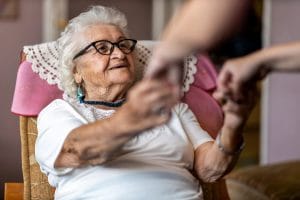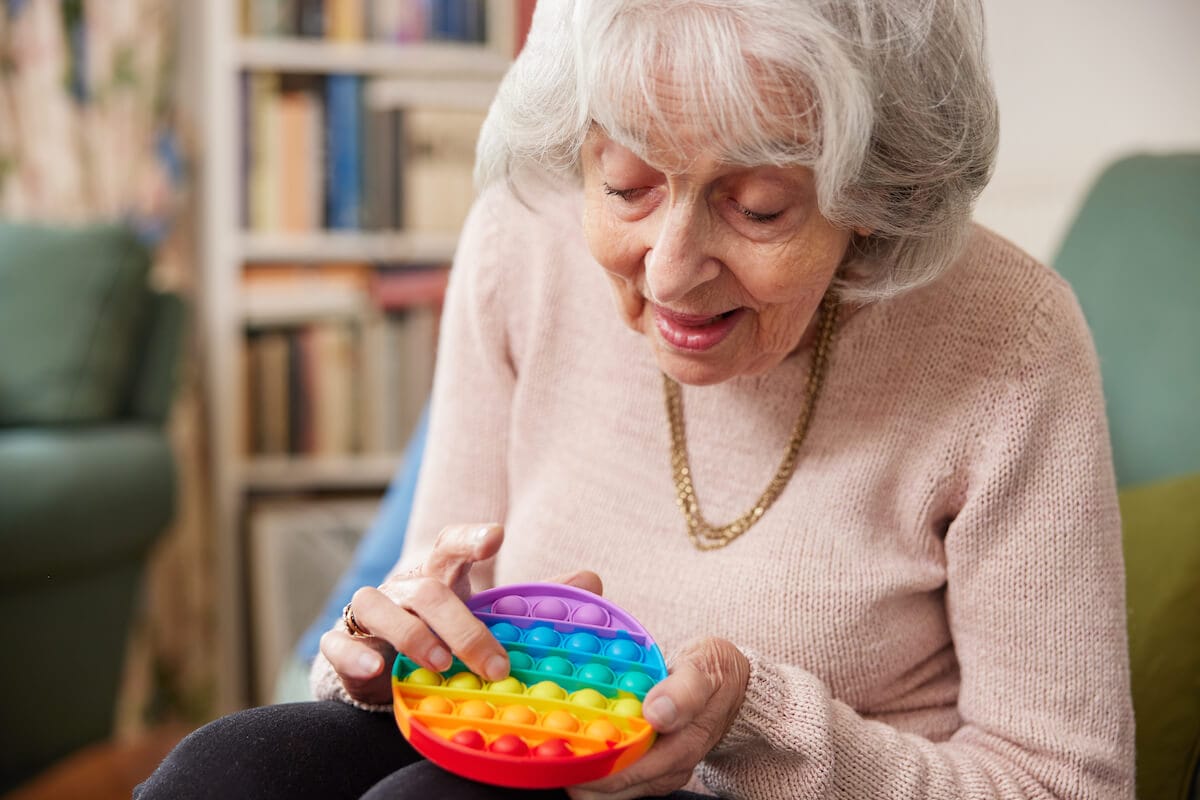Dementia is a complex and often life-changing condition that deeply affects individuals, families, and communities. While it impacts millions of people worldwide, research shows that women are disproportionately affected. Women not only represent the majority of those diagnosed with dementia, but they also often bear the brunt of caregiving responsibilities. These dual challenges highlight the need for a deeper understanding of how dementia uniquely impacts women and for solutions that address their specific needs.
Our memory care team in Boca Raton explores the intersection of women and dementia, shedding light on the underlying reasons for this gender disparity, their distinct challenges, and the importance of gender-sensitive care. Our goal is to offer insights and resources that empower individuals caring for a woman with dementia.
Women and Dementia by the Numbers

Statistics reveal an undeniable truth about dementia’s disproportionate impact on women. According to the Alzheimer’s Association, nearly two-thirds of Americans diagnosed with Alzheimer’s disease, one of the most common forms of dementia, are women. This means that for every man diagnosed with Alzheimer’s, there are approximately two women facing the condition.
There are multiple reasons for this disparity. Chief among them is the fact that women, on average, live longer than men, and age is the most significant risk factor for dementia. But the story doesn’t stop there. Researchers increasingly suspect that biological, hormonal, and even societal factors contribute to this gap.
Hormonal Factors and Cognitive Health
Women’s hormonal changes, particularly during menopause, may play a significant role in their heightened risk for dementia. Estrogen, the hormone that significantly decreases during menopause, is known to have a protective effect on the brain. It supports cognitive functions such as memory, learning, and problem-solving, and researchers believe its decline may leave women more vulnerable to conditions like dementia.
Studies in this area are ongoing, but early findings suggest that women who experience early or surgical menopause may be at an even higher risk. This makes hormonal health and awareness an essential aspect of the conversation about women and dementia.
Social Roles and Emotional Impacts
A woman’s social role often extends far beyond her personal identity. Many women, particularly those from older generations, have been family caregivers, coordinators, and the emotional anchors of their households. These multifaceted roles mean that when dementia begins to impact women, it reverberates through the social and emotional fabric of the family.
By cultivating emotional awareness and empathy, families can better support women as they redefine their identities in the face of dementia. Tailored programs and practices, particularly those offered in specialized memory care communities, focus on restoring a sense of purpose and joy in everyday life.
Why Gender-Sensitive Care Matters
The importance of gender-sensitive care cannot be overstated. Traditional, one-size-fits-all approaches to dementia care often fail to consider the distinctive needs of women, but person-centered memory care focused on gender-sensitive practices can transform outcomes.
In our memory care community in Boca Raton, we are dedicated to helping individuals with Alzheimer’s and other forms of dementia live fulfilling lives. By learning about each resident’s unique history, we create personalized care plans that address their needs and promote long-term wellness. Memory care offers a safe, structured setting with specialized team members trained to support residents in managing the challenges of memory loss.
Families caring for a woman with dementia should seek providers and practices that understand and implement gender-sensitive care. They should look for communities prioritizing compassion, customization, and expertise in addressing the unique needs of women living with dementia.
Building Hope and Empowerment

Although dementia is an incredibly challenging condition, it is not without hope. Early detection, compassionate support, and gender-sensitive programs can significantly improve the quality of life for women living with dementia.
Advocating for your family member’s needs and finding her the best memory care community in Boca Raton is a meaningful step toward ensuring her well-being. Empowerment comes from knowledge, and understanding the unique relationship between women and dementia allows you to take the first step in creating a care plan that meets her needs.
If you’re seeking expert advice or specialized services, consider connecting with our team at Sunscape™ Boca Raton. Our programs are designed with women in mind, and we create opportunities that offer safety, connection, and joy.





